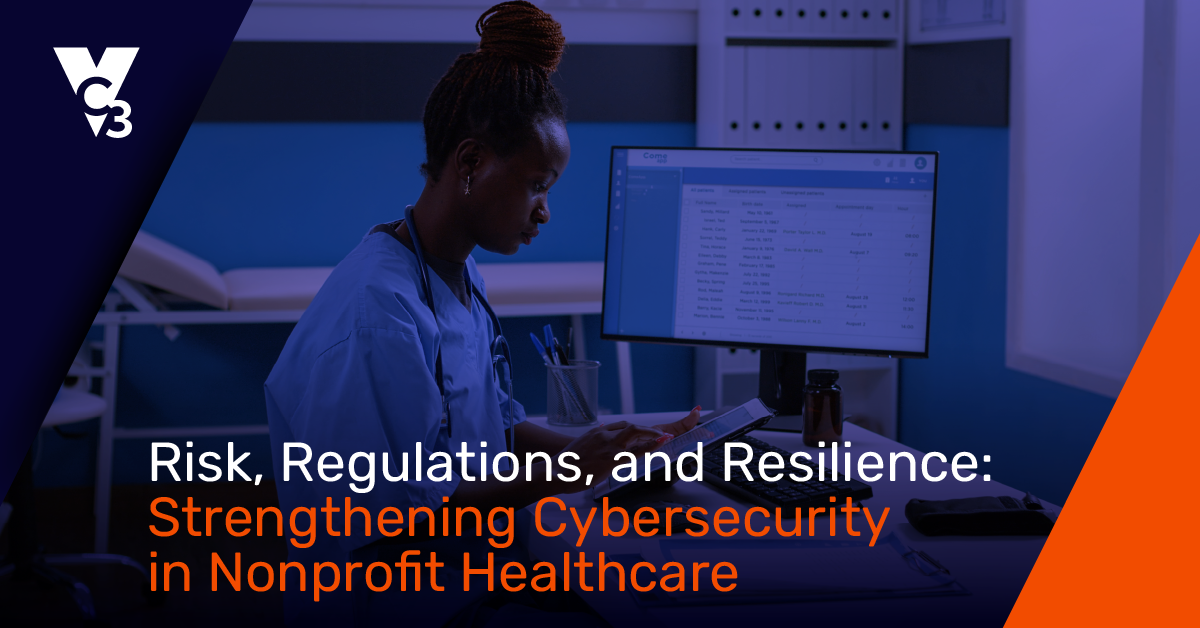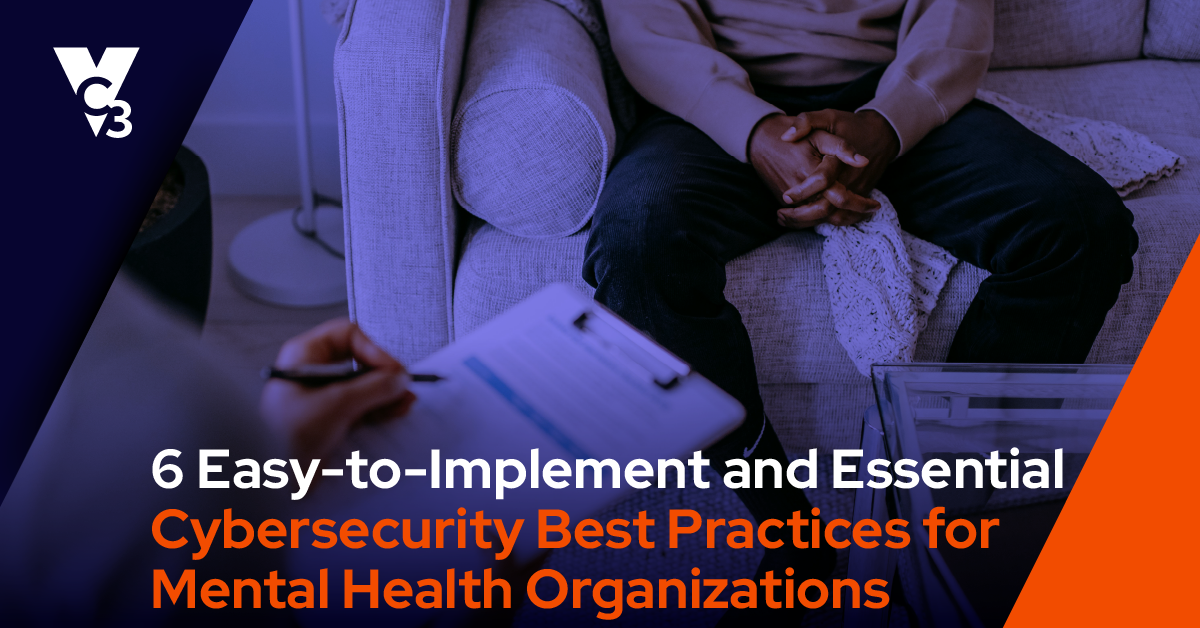In today's ever-increasing technically complicated workplace, having a comprehensive Computer Use Policy is a must have for every organization. Without it, there's simply no way to effectively define your organization’s rules of engagement when it comes to your technology. Dare I say, without a clearly defined and documented policy (that everyone knows), you’re essentially allowing the inmates to run the asylum. This is a particularly troubling thought considering that cybersecurity concerns, including misuse of computer equipment by employees, continue to reach record highs.
When most people think about cybersecurity threats, they primarily think of external ones (ie: hackers trying to break into your systems) and don’t even consider the potential that insider compromises may cause. According to a Harvard Business Review article, “the nature of insider threats can be categorized into malicious, accidental, or negligent, and account for a combined 39% of all data breaches.”
By developing and implementing a company-wide Computer Use Policy, misuse can be more easily identified and addressed before a seemingly insignificant issue snowballs into a more serious breach. An additional benefit of establishing this policy for your organization is that it can also help to increase your organization’s productivity.
You can create a Computer Use Policy on your own or have your IT services company create one for you. But if you don’t already have one, here are six pretty compelling reasons (and benefits) as to why an effective Computer Use Policy at your organization is not only warranted, but necessary:
1. It Offers Legal Protection for Your Company
An effective Computer Use Policy is all-encompassing: it should address everything from the download or email distribution of pornographic content to how network integrity can be weakened by manipulating configurations and settings. This type of policy can help to protect your company from harassment lawsuits, confidential information being lost through network vulnerabilities and other similar issues. An effective Computer Use Policy places the responsibility for data security into the hands of the user.
Ultimately, a defined policy sets the precedence for what your organization is responsible for versus what the users are responsible for regarding security. This is especially important when you consider how much there is to worry about in terms of viruses, malware, ransomware and hacks — particularly if your organization enables users to use remote access and personal devices. A good policy helps users avoid making choices that can potentially place your organization in a legally- or publicity-damaging situation.
2. It Helps Your Company Uphold a Professional Environment
Defining appropriate or inappropriate uses of company machines is a necessary step for any organization. By highlighting appropriate uses, even if it means allowing occasional personal use of machines in a safe way that doesn’t interfere with work activities, your organization shows its commitment to a professional, serious work environment. By doing this, you’re also outlining what is considered inappropriate use, such as using company machines in a personal way that can potentially create system vulnerabilities.
3. It Helps Users Understand Privacy and Company Ownership Rights
One way companies choose to proactively combat potential security issues is by monitoring and tracking users’ computer activities. It is critical to clearly explicate and outline how far the Computer Use Policy extends and which content is technically “owned” by the company or the user. Users are less likely to access, create, or distribute inappropriate materials when all materials on the network are considered the property of the organization.
4. It Informs Users That Keeping Content on Machines Secure is Their Responsibility
All users need to understand that it’s their responsibility to:
- Protect sensitive data from breaches;
- Keep licensed software from being copied or shared; and
- Not re-configure workstations so as to disrupt network effectiveness and consistency.
An effective Computer Use Policy outlines the types of activities that can compromise network security. Furthermore, it informs users that if reasonable precautions are not taken to safeguard passwords and sensitive trade information, they can personally be held liable.
There are different ways to help employees become familiar with cybersecurity best practices, including the use of a robust cybersecurity awareness training program. An experienced IT managed services company, like FPA, can help guide you with developing and implementing a managed user security awareness training program for your business.
5. It Sets Expectations for Internet & Email Use That Minimize Risk and Loss
Despite the protections provided by a firewall or server-based application, no system is perfect. A well-defined Internet and Email Use Policy can help to educate users about their responsibilities in the event that they access potentially harmful material.
While the most common forms of employee computer misuse include reading the news, making online purchases, and downloading music, even some well meaning activities can have serious repercussions on a business. Some actions can result in the theft of sensitive data and loss of business, as well as negative public relations. Furthermore, companies lose thousands of dollars each year, per employee, in lost production due to web surfing — an inefficiency that can be minimized with a detailed use policy.
6. It Enforces Computer Policy Agreements Between Users and Your Organization
Creating a potentially binding Computer Use Policy agreement between your staff and your organization helps to validate the legitimacy of the policy. Furthermore, it helps users to understand that policy violations are serious and that not following those guidelines may result in potentially severe consequences, including being terminated. To make the contract legitimate, management needs to continuously enforce the policy to ensure it doesn’t become a meaningless piece of paper.
BOTTOM LINE
I hope this helps put into perspective the value a Computer Use Policy would provide to your organization. Again, this is a must have in today's business environment.
How do you set the standard for how your staff use your computing resources? Have you run into any issues with or without having a policy in place? If so, please share your thoughts in the comments box below or shoot me an email if you’d like to chat about this in more detail.





